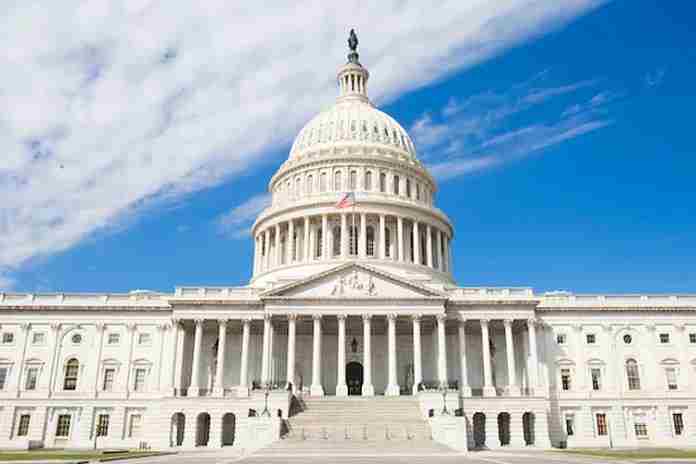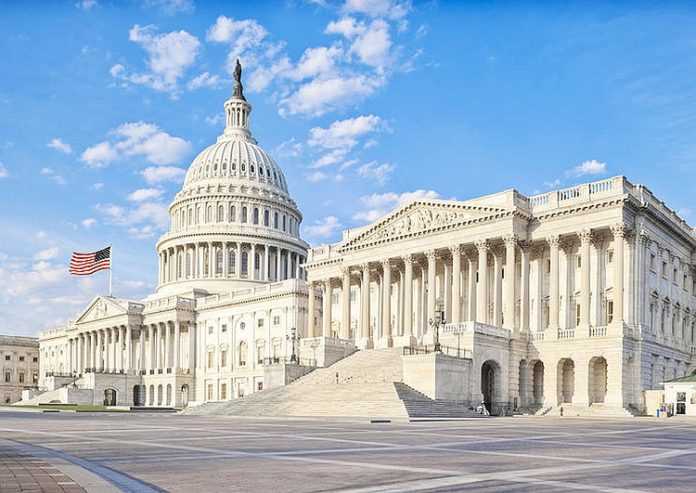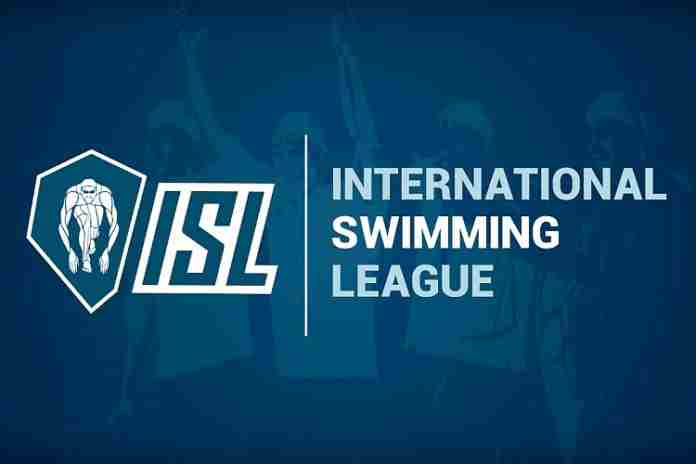While the Ropes & Gray Report on the Larry Nassar sex-abuse scandal has grabbed most of the national headlines, an important report from one of the Congressional committees looking into the matter indicates that only modest changes might be coming to the laws governing the U.S. Olympic Movement.
The U.S. House of Representatives’ Energy & Commerce Committee published a report by its Majority Staff on Thursday entitled “Nassar and Beyond: A Review of the Olympic Community’s Efforts to Protect Athletes from Sexual Abuse.”
In 132 pages, the Report covers the committee’s activities over about a year, with significant detail from its hearings (by its Subcommittee on Oversight & Investigations), and from letters received – upon request – from all of the U.S. National Governing Bodies. The detail is fascinating, but the big-picture impact of this report is the set of recommendations for legislation. There, the conclusion is … don’t do much.
The first recommendation makes this obvious: “Congress should evaluate whether updates are needed to the Ted Stevens Act to ensure athlete safety.”
That’s not a call for substantial change. There are recommendations which will re-shape the activities of the United States Olympic Committee and the National Governing Bodies; the most impactful are:
∙ “The USOC should thoroughly utilize their authorities [sic] under the Ted Stevens Act to ensure athlete safety.”
∙ “The USOC should develop additional options for sanctions other than to decertify or defund NGBs, as these can directly impact the athletes.”
∙ “The USOC, NGBs, and U.S. Center for SafeSport should not consider reputation when imposing sanctions, settlements, or other enforcement mechanisms.”
∙ “The USOC and NGBs should ensure that there are comprehensive and consistent policies and procedures across the Olympic community.”
∙ “The USOC should develop a consistent definition of a “covered individual” to be applicable across all NGBs.”
∙ “NGBs should have consistent policies regarding background checks, including who must undergo a background check, the length and depth of the background check, and the reasons for which an individual would fail a background check and become ineligible for participation in an NGB.”
∙ “All NGBs should maintain and post their banned and suspended lists such that they are available to the general public.”
∙ “The U.S. Center for SafeSport should compile historical bans and suspensions in a publicly available and comprehensive database.”
The consistent thread is that the NGBs must act in a consistent manner and with consistent procedures, and that the USOC is in the best position to dictate the processes to be followed.
This is especially true with regard to posting lists of banned or disciplined individuals, groups or organizations on one or more public forums so that people (like parents) can find them easily. The Report found plenty of fault with the myriad of approaches to prevention of abuse, investigations and post-discipline posting of the status of banned or suspended individuals, companies or institutions.
So the most important single direction that the Report gives to the U.S. Olympic community is this: Under the Ted Stevens Olympic and Amateur Sports Act, the USOC is responsible for the U.S. National Governing Bodies and is expected to ensure their adherence to strict policies and procedures for – at least – athlete safety, if not other areas.
Now, the House Report is hardly the last word. The U.S. Senate Committee on Commerce, Science & Transportation’s subcommittee on Consumer Protection, Product Safety, Insurance & Data Security has been doing its own investigation – including three hearings – and will have its own report.
But the House Report underscores four points made in an August editorial in the Sports Business Daily by Mike Harrigan, whose work on the President’s Commission on Olympic Sports in the 1970s led directly to the passage of the Ted Stevens Act. Harrigan wrote, “The underlying causes of what went wrong are:
“1. The USOC failed to properly oversee national governing bodies as required by the Act.
“2. The USOC failed to understand certain portions of the Act.
“3. The USOC failed to educate its members and Congress on its contents.
“4. The USOC’s ‘culture’ since the late 1980s ignored everything in its legislative mandate except the goal of winning Olympic medals.”
He concluded: “There is no need to amend the Act, only the need to understand it and enforce it with congressional oversight conducted regularly.” The House Report essentially says he is right.
Rich Perelman
Editor


























